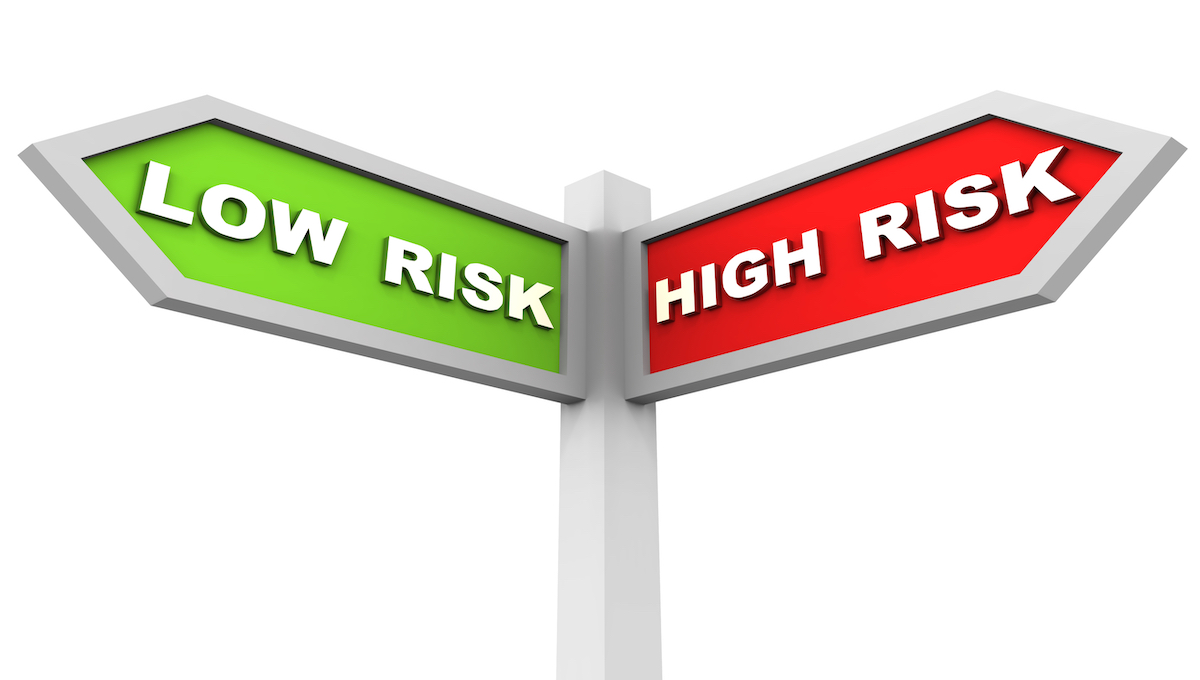
Consumer trends, ethylene oxide and risks posed by illegally imported meat were among many issues discussed by a Dutch network focused on emerging food safety risks.
To identify new food safety risks from bacteria, viruses and chemicals as early as possible, so measures can be taken to protect human health, a group was created in 2020 following a report by the Dutch Safety Board. It has a microbiological part chaired by the National Institute for Public Health and the Environment (RIVM) and a chemical risks section led by Wageningen Food Safety Research.
In 2021, each section held four meetings in which 73 signals were considered. For nine of these, experts concluded measures were needed or that more research was required. For the others, they decided there was no increased risk or that the matter was already known.
If more investigations or measures are required in response to a signal, it is referred to a group with representatives from the Ministry of Health, Welfare and Sport; the Ministry of Agriculture, Nature and Food Quality (LNV) and the Netherlands Food and Consumer Product Safety Authority (NVWA). In 2021, the microbial section sent one signal and the chemical experts sent eight for further analysis. Issues that have been escalated are not included in the annual report.
Examples of risks discussed
One of the topics discussed in the microbial group was gaps in the EU surveillance program for foodborne parasites such as Echinococcus multicolaris, Toxoplasma gondii, E. granulosis, Trichinella and Cryptosporidium.
Another was minimal processing such as less salt or fat or more clean label food and changed cooking techniques like sous vide or slow cooking. Members also spoke about the risk of human infections as pets are increasingly being fed a raw meat diet and rat meat being found on sale.
Home preparation of food during the COVID-19 lockdown period and the online sales were judged low risk as domestic cooking was common in the country before the pandemic and such trends may decline after restrictions were lifted.
Experts said more information was needed on Group B streptococcus from food after an outbreak in 2015 linked to freshwater fish and the risk of spreading infectious diseases through illegally imported meat. The extent of the illegal trade of meat was unclear as it is not certain what animals are involved and the level of consumption.
The link between Staphylococcus saprophyticus urinary tract infections, the pork meat chain and the scale of any potential problem in the Netherlands was also uncertain.
No additional action was needed for findings of E. coli O26 in ground meat and meat preparations, products treated with ethylene oxide, a cluster of four Listeria infections in 2020 linked to fish, and a multi-country Salmonella Enteritidis outbreak traced to poultry products from Poland.
The chemicals section covered dietary supplements with medical claims, CBD oil with polycyclic aromatic hydrocarbons, bromodioxin in eggs, the impact of climate change on mycotoxins, recycled plastic as a food contact material, possible food fraud because of the impact of COVID-19, and wild mushrooms.
Both groups will meet quarterly in 2022 and signals will either be closed, escalated or monitored plus new topics will be discussed.
Meanwhile, Wageningen University and Research has welcomed the publication of a national action plan on zoonoses.
The action plan was unveiled by the ministries of Agriculture, Nature and Food Safety and Public Health, Welfare and Sports (VWS). It aims to give direction and strengthen national zoonoses policy to minimize the risk of emergence and spread of zoonotic diseases and the future research agenda to contribute to the preparedness for potential outbreaks.
(To sign up for a free subscription to Food Safety News, click here.)
